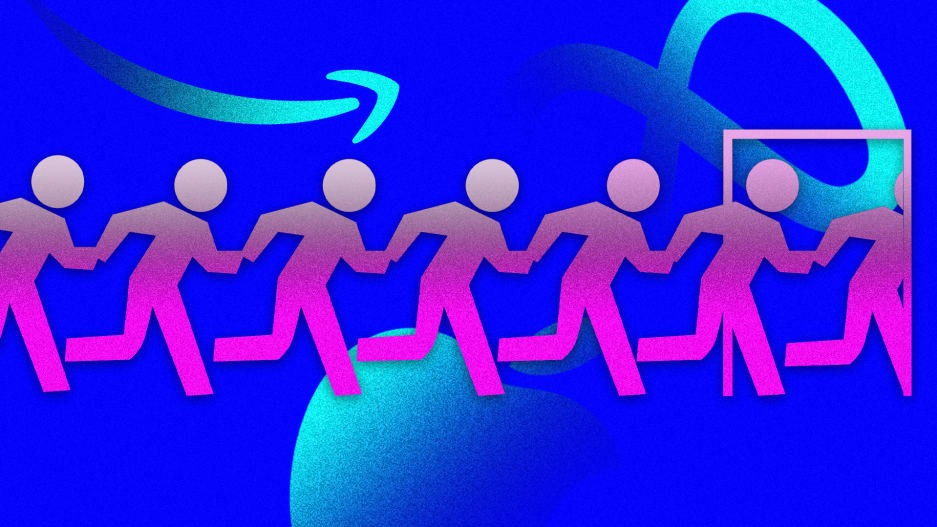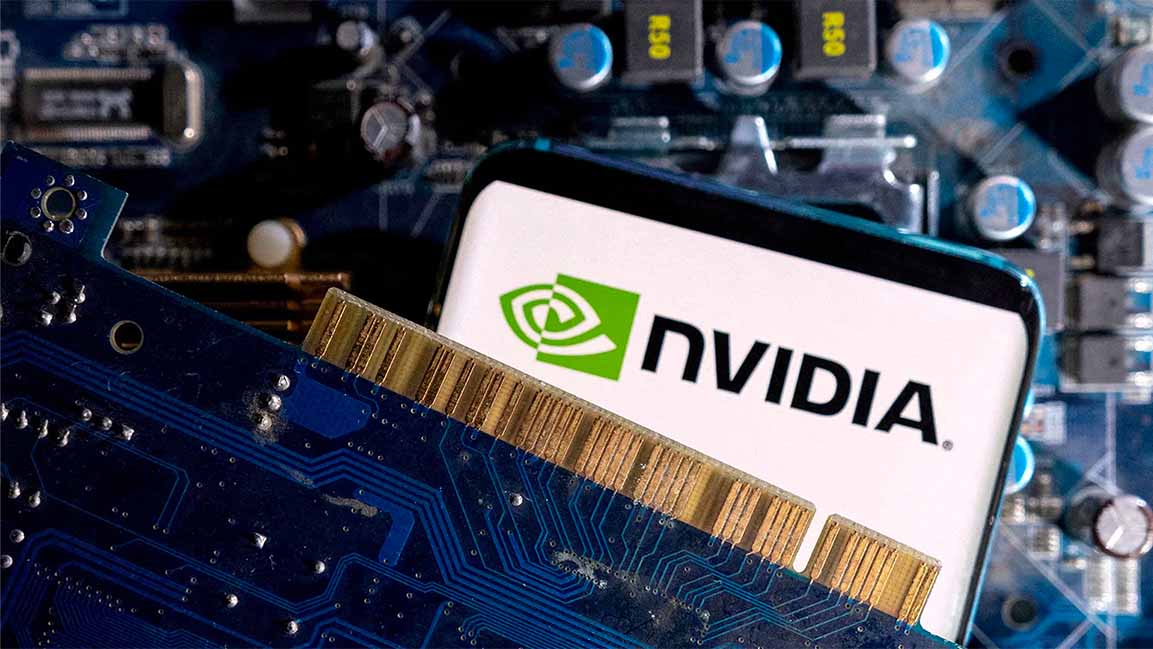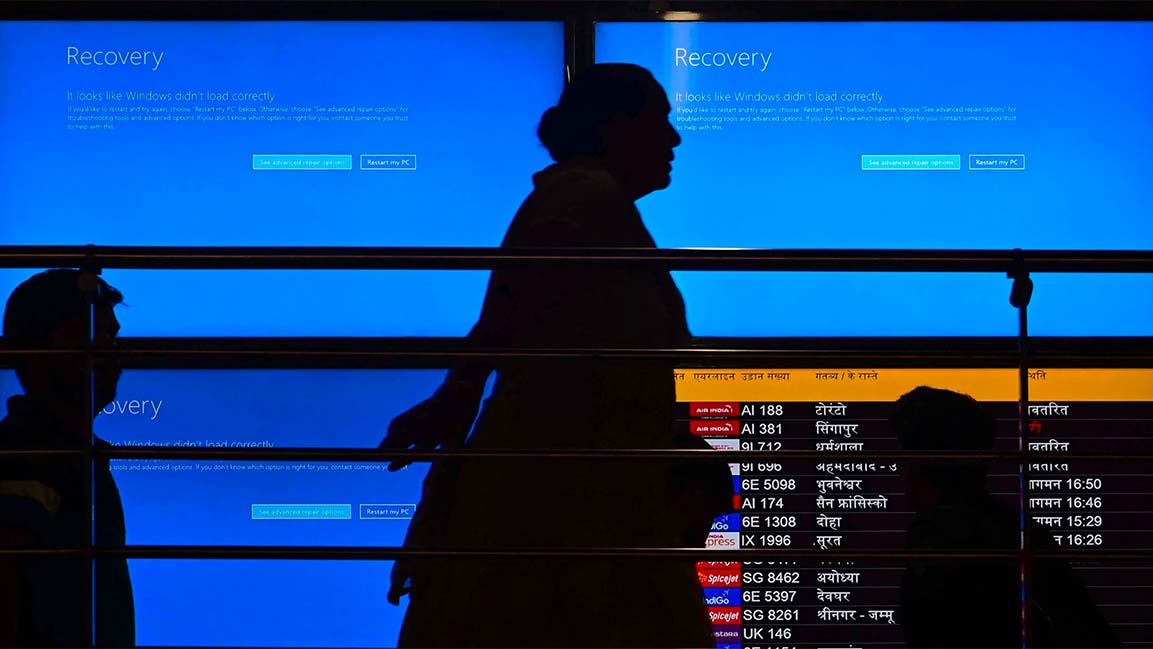- | 9:00 am
Big Tech’s layoff binge stinks. Let’s hope it leads to a little discipline
If Alphabet, Amazon, Meta, and Microsoft’s staff reductions force them to do fewer things but do them better, there will be some long-term upside.

“I guess the idea is that eventually you will sell other products besides books.”
“Perhaps. It’s very hard to do even one thing in a truly excellent way.”
—Exchange between Upside magazine’s Karen Southwick and Amazon founder Jeff Bezos from October 1996, when Amazon had just over 100 employees
The hot new trend in tech is more sobering than scintillating. Last week, Microsoft and Google parent Alphabet joined Meta and Amazon in announcing they would lay off thousands of people. Among the biggest, best-known tech companies, only Apple has (so far) managed to avoid such a sweeping reduction of its workforce.
None of the companies making staffing cutbacks are exactly hurting, and their explanations framed them as sensible acts of caution rather than emergency measures. “Over the past two years, we’ve seen periods of dramatic growth,” wrote Sundar Pichai, the CEO of Alphabet and Google, in a memo to employees. “To match and fuel that growth, we hired for a different economic reality than the one we face today.” Microsoft CEO Satya Nadella’s memo said the company was seeing “organizations in every industry and geography exercise caution as some parts of the world are in a recession and other parts are anticipating one. ”
The downsizing of Big Tech is a most unfortunate development for the thousands of staffers who are being shown the door, sometimes in grossly insensitive ways. (Laying off people at scale must be a lot easier if you see dignity and compassion as optional; the bar should be higher than merely not treating people as badly as Elon Musk.) But it’s not a crisis akin to the original dot.com bubble bursting. It could even lead to them making better decisions about future products in ways that will benefit us all.
For one thing, Pichai is correct that the shrinkage involves undoing a couple of years of what turned out to be overhiring in certain areas. After laying off 10,000 and 12,000 people, respectively, the newly slimmed-down Microsoft and Alphabet will have . . . roughly 50,000 more employees apiece than they did in mid-2020. That’s not even counting the fact that both companies are still hiring en masse in other areas. (Microsoft’s careers site has 352 open positions listed in the Seattle area alone.)
More importantly, the fact that a company can add bodies to its ranks in vast quantities, as the tech giants were doing until recently, does not necessarily leave it in a better position for creating superior products, and more of them. Forcing yourself to choose where to focus your energies is healthy. As Google cofounder Larry Page said when the company went through a pruning of its product lineup in 2011, there’s much to be said for putting more wood behind fewer arrows.
At Amazon, by contrast, the culture has long been about throwing plenty of spaghetti at the wall and seeing what sticks. Though that’s often led to success, it also resulted in the Alexa AI assistant platform losing $10 billion in 2022, according to a report from Business Insider‘s Eugene Kim. Amazon was seemingly building every Alexa-powered product that popped into its head, and the results felt random and even creepy. Even if you admire the company’s experimental zeal, you might conclude that it would benefit from fewer people making tougher decisions. And that seems to be its new strategy for Alexa.
Back in 2018, I wrote about Google’s Area 120 program, which was designed to incubate new products with the potential to meet cofounder Larry Page’s “toothbrush test”—meaning that teeming masses of people would find them a daily necessity. Some interesting stuff has emerged from Area 120, but none of it is poised to be the next Gmail. Judged by its own goals, the program has been a failure, and the report by Bloomberg’s Julia Love that it’s being largely abandoned makes sense.
Then there’s Microsoft’s shuttering of AltspaceVR, a 3D platform it acquired in 2017. Some are taking the move as evidence that the company is winding down its metaverse ambitions. That seems unlikely. But would it be smart to divert some resources and mental bandwidth to generative AI, a technology that shows every sign of transforming every aspect of the tech industry well before the metaverse goes mainstream? Absolutely.
Part of Microsoft’s generative AI game plan involves making a massive investment in OpenAI, whose eerily glib ChatGPT chatbot and magical image generator DALL-E 2 offer the clearest evidence yet of AI’s epoch-shifting potential. Though it should be noted that the transformer technology at the heart of these products was invented at Google, OpenAI—which has just 375 staffers—has zoomed past all the tech giants when it comes to productizing it. That’s encouraging evidence that the tech giants’ overwhelming enormity doesn’t guarantee they’ll have a monopoly on tomorrow’s breakthroughs.
It’s no fun skimming Twitter and LinkedIn and seeing talented people disclose that they’ve lost their jobs, sometimes after many happy and productive years. Here’s hoping the bad news soon gives way to the same folks announcing their next adventures. And that the next hiring spree by the tech giants turns out to be more productive than the ignominious one that just ended.








































